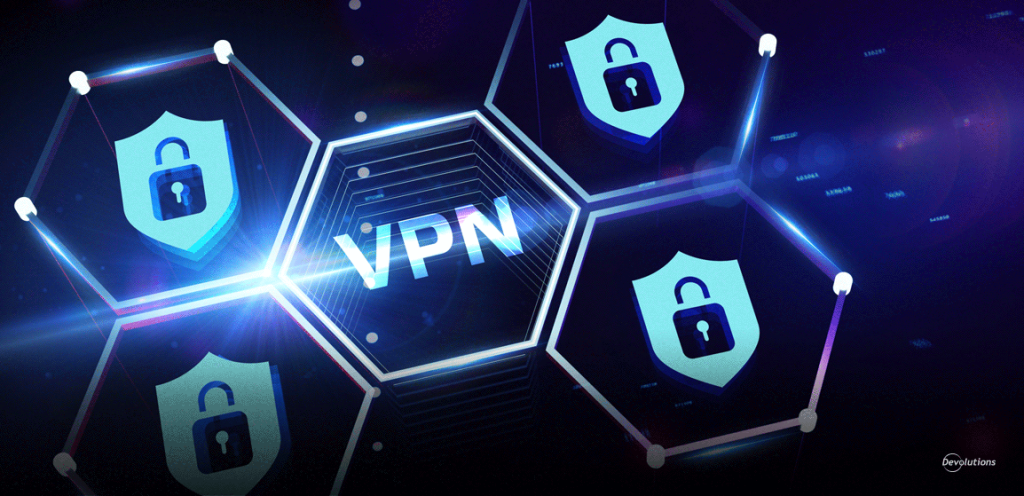In an era dominated by digital connectivity, safeguarding your online presence has become paramount. Virtual Private Networks (VPNs) have emerged as a powerful tool to fortify your online security. By encrypting your internet connection and masking your IP address, VPNs provide a secure pathway for your data to traverse the virtual landscape. In this article, we’ll explore four key strategies to master VPN usage and enhance your online security.
1. Encryption Protocols: The Backbone of VPN Security
The foundation of any robust VPN security, including trusted zone VPN lies in its encryption protocols. These are the algorithms that encode your data, rendering it unreadable to anyone attempting to intercept it. The two primary encryption protocols are OpenVPN and IPSec/IKEv2. OpenVPN, an open-source protocol, is known for its flexibility and strong security features. IPSec/IKEv2, on the other hand, is renowned for its stability and efficiency, making it an excellent choice for mobile devices. When setting up your VPN, ensure that it employs the latest encryption protocols to guarantee the highest level of security.
2. Server Selection: Strategic Placement for Enhanced Privacy
Not all VPN servers are created equal. The location of the server you connect to can significantly impact your online privacy. Opt for a VPN service that offers a diverse range of server locations across the globe. Connecting to a server closer to your physical location generally ensures faster connection speeds. However, if privacy is your primary concern, consider connecting to a server in a country with strong data protection laws. This strategic placement not only enhances your privacy but also allows you to bypass geo-restrictions and access content that might be blocked in your region.
3. Regular Updates: Staying Ahead of Emerging Threats
The digital landscape is constantly evolving, and so are the threats that accompany it. To maintain optimal online security, it’s crucial to choose a VPN service that is committed to regular updates and security patches. These updates address vulnerabilities, enhance performance, and ensure compatibility with the latest technological developments. Regularly updating your VPN software not only protects you from emerging threats but also guarantees that you benefit from the latest security features and improvements.
Moreover, when considering the future of the web, it becomes increasingly evident that staying vigilant in updating your VPN is an integral part of navigating the evolving digital landscape. Search the future of the web with confidence by prioritizing a VPN service that keeps pace with advancements through regular updates and security patches.
4. Kill Switch: A Fail-Safe Mechanism
A VPN is only as secure as its weakest link. In the event of a sudden VPN disconnection, your internet connection becomes vulnerable to potential threats. This is where a Kill Switch comes into play. A Kill Switch is a fail-safe mechanism that immediately cuts off your internet connection if the VPN connection drops. By doing so, it prevents any unencrypted data from being transmitted over the unprotected network. When selecting a VPN service, ensure that it includes a Kill Switch feature, providing an added layer of security to your online activities.
Conclusion
In conclusion, mastering the use of VPNs involves a combination of selecting the right encryption protocols, strategically choosing server locations, implementing fail-safe mechanisms like Kill Switch, and staying updated with the latest security measures. By incorporating these strategies into your online security regimen, you can navigate the digital realm with confidence, knowing that your data is shielded from prying eyes and potential threats.
